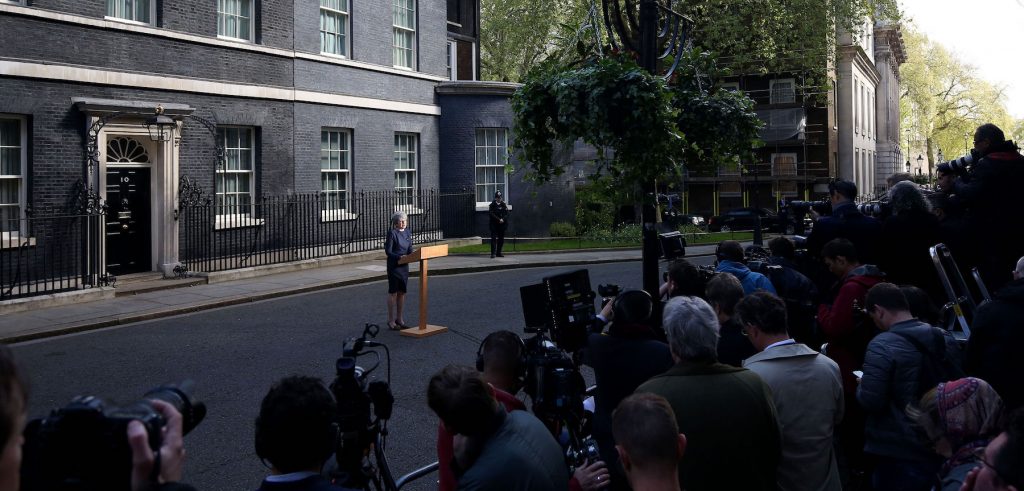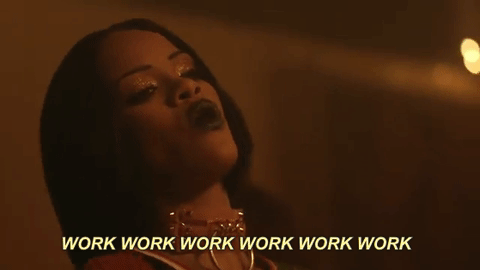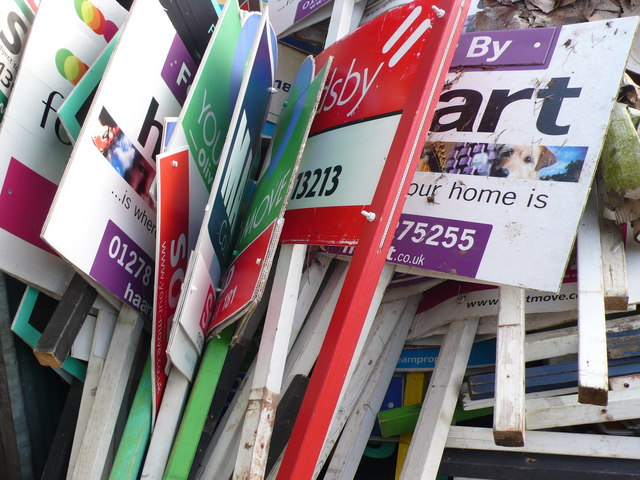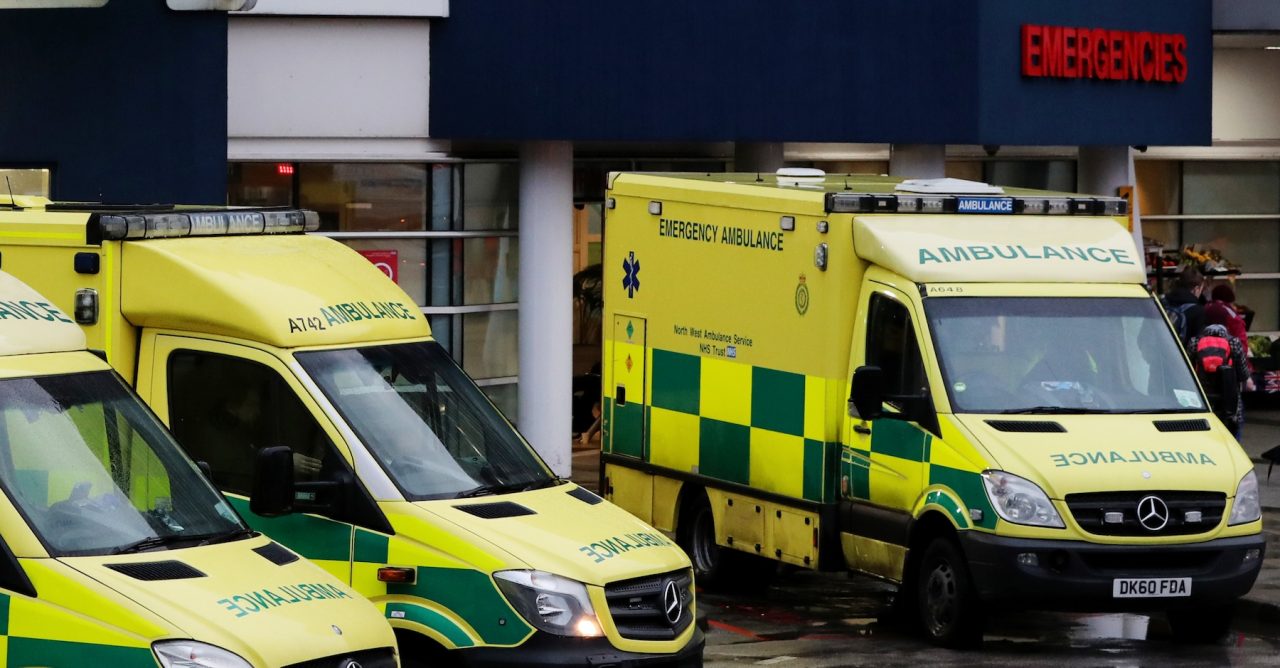
Here’s what the UK general election is really about
Theresa May, the UK’s Prime Minister, called a 'snap election' today – which basically means voting ahead of the usual once-every-five-years schedule – in six weeks time.
In the UK, the public get to vote on who they want to rule the country once every five years. They voted in 2015 – and the Conservatives, the right-wing party then led by David Cameron, won. But then Brexit happened, David Cameron resigned, and Theresa May stepped up into his place.
She promised a few times (five, to be exact) that she wouldn’t call an election. But as she prepares to get knee deep into negotiations over the UK’s plans to leave the EU, she’s decided she’d be better off doing that knowing she’s got the full support of the UK public.
So, just two years after the last one, people in the UK are voting for a leader – again.
The important thing to recognize here is that although Brexit is all anyone can talk about, this is going to be about a lot more than that. The main parties are sure to use the strong feelings people have about the issue in their favor, but at the end of the day this vote is about everything the government does – from healthcare, to housing, to education, to yes, negotiating Brexit.
Here are just five of the issues we think you should be listening out for in the next six weeks, and what we know so far about the three biggest parties’ plans – Labour, Lib Dems, and Conservatives.
Your job...

Work – how much, what kind, how much it’s taxed – is always on the agenda around election time.
What the Tories say: In her speech Theresa May pointed to recent employment and job stats to show her government’s success in getting people into work. Last week government statistics (we wrote all about those here) showed that the UK has the lowest level of unemployment since the 70s at the moment– she used these stats as a sign of the success of her government, and why she should be trusted to carry on leading it.
What Labour says: But Labour argues that these jobs are concentrated in the South East, not evenly spread across the country. They're likely to announce big investment plans for the North of England – here's a recent statement: “Only Labour has the ambition needed to deliver investment across the whole country and create decent, well-paid jobs so that people in every part of our country can live richer lives.”
What the Lib Dems say: By staying in the EU – or at least avoiding a ‘Hard Brexit’ – the UK will avoid the job losses the Lib Dems say are coming. Leader Tim Farron said this on a visit to Stoke in February: “Being outside the Single Market will mean higher prices for everyone, fewer jobs and Britain not being as prosperous as it would have been otherwise."
Your home...

Housing is one of the big political topics in the UK at the moment. All three parties seem to agree on one thing at least – there’s not enough of it.
What the Tories say: In February, the government published a big report on housing (more on that from us here), setting out some ideas for its policies on how to solve the UK’s ‘housing crisis’, which could form part of the manifesto (the huge document which sets out a party's plans). The housing 'White Paper' suggests building more houses, abolishing letting fees and supporting renters.
What Labour says: Labour also wants to build more houses – 5 million, it says in its ‘10 pledges’ for Britain. It wants half a million new council homes – owned by local councils and leased long-term to people on low-incomes. And for those who do rent privately ( not from a council or other kind of housing scheme), Labour wants to control the amount they can be charged in rent. They also say they'll abolish letting fees.
What the Lib Dems say: Spot the theme – the Lib Dems want to build more houses and reform the rental sector to make it “cheaper, safer and more secure”.
“Private renters now make up a fifth of the population and often have the most expensive and least secure living arrangements," they've said. "We have long been calling for lettings fees to be banned for tenants and for stronger measures to tackle rogue landlords.”
Your education...

Where people go to school, what they do after it and how much you pay to do that are also things the main parties disagree on
What the Tories say: Before this whole General Election thing, the government was in the middle of pushing through a plan to reintroduce grammar schools to the UK. Grammar schools are free, like most schools in the UK, but take students based on how well they perform in certain tests at age 11. This, the Tories say, will mean all kids have the chance to go to the best possible schools.
The Conservative government is also proud of its apprenticeship scheme, which it says has created 2.2 million new places for young people who want to learn on the job and get into work, rather than going on to University.
What Labour says: Labour is promising to build a new “National Education Service” and said it will raise taxes on business to help fund an overhaul of the education system. It also promised the “reintroduction of free education for all” – they’re pretty vague on what they actually mean by this – but you can kind of assume they’re talking about taking away university tuition fees and says it will “guarantee quality adult skills training” and apprenticeships.
Labour has also been pretty vocal against the grammar schools policy.
What the Lib Dems say: The Lib Dems “strongly oppose” the grammar schools policy, and said it benefits students from “wealthier” backgrounds.
The Lib Dems also claimed the government’s apprenticeship policy as their own. “We introduced a record number of apprenticeships in the last Parliament, to support people to gain new skills or change career at any age”, and called for more investment in adult skills training.
Your health...

People in the UK are pretty passionate about the health service, so how each party plans on ensuring it gets enough money, and how they'll spend it is likely to be a question on voters' minds.
What the Tories say: The government has promised more money and more support for mental health services and has pledged more money for social care, which it says will ease pressure on the health service. The current government has also allowed some private companies to run certain NHS services.
What Labour says: Labour says it will “end” this health service ‘privatization’, and bring mental health services and community-based care services – particularly for older people – under the umbrella of the NHS. They also want to treat mental health will be treated equally to other health concerns.
What the Lib Dems say: The Lib Dems say they will always “fight” for the NHS. But in order to do that the “critical funding challenges” must be addressed. It has also suggested the idea of ‘personal budgets’, which they say will allow people to choose services to fit their individual needs.
Your passport...
Ok, so we do know that Brexit will play a huge part over the next six weeks. How the next government will handle the UK’s transition is a big deal, and the rules around people travelling in and out of the UK will probably form a big part of the upcoming debates.
What the Tories say: Just this week, Amber Rudd, the UK home secretary, said that the hospitality industry might struggle without an influx of workers from the EU, so floated the idea of special visas for people working in bars, cafes and restaurants etc – the media’s called them "barista visas". Letting the UK government take control of the number of people coming in and out of the UK was a big part of the Brexit debate, and Theresa May has previously committed to reducing ‘net migration’ – the number of people coming in to the UK minus the number of people leaving – to below 100,000 a year.
What Labour says: In January Jeremy Corbyn said the party supported “reasonably managed immigration”, but there is some confusion about what the party’s views on immigration are – Corbyn has also said that he doesn't believe immigration levels in the UK are too high. The party is quite clear that it will defend the rights of EU citizens currently living and working in the UK.
What the Lib Dems say: Since Brexit, the Lib Dems have argued that by opposing the UK’s exit from the EU, they’re defending certain values – openness and tolerance. They argue that the Brexit debate, and the government’s actions since – particularly around immigration – have been “intolerant”.
The leader Tim Farron said today: "If you want to avoid a disastrous Hard Brexit. If you want to keep Britain in the Single Market. If you want a Britain that is open, tolerant and united, this is your chance.
What about the other parties?
Obviously these three parties aren’t the only ones you’ve got to choose from – There's UKIP and the Greens, plus the SNP in Scotland, Plaid Cymru in Wales and many many more. They’ve all got lots of ideas – the Greens proposed a three day weekend for example – that you’re bound to hear a lot more of over the next few weeks.
What economics-y issues do you feel like you want to know more about to be ready to cast your vote on 8th June? Let us know at hello@ecnmy.org



